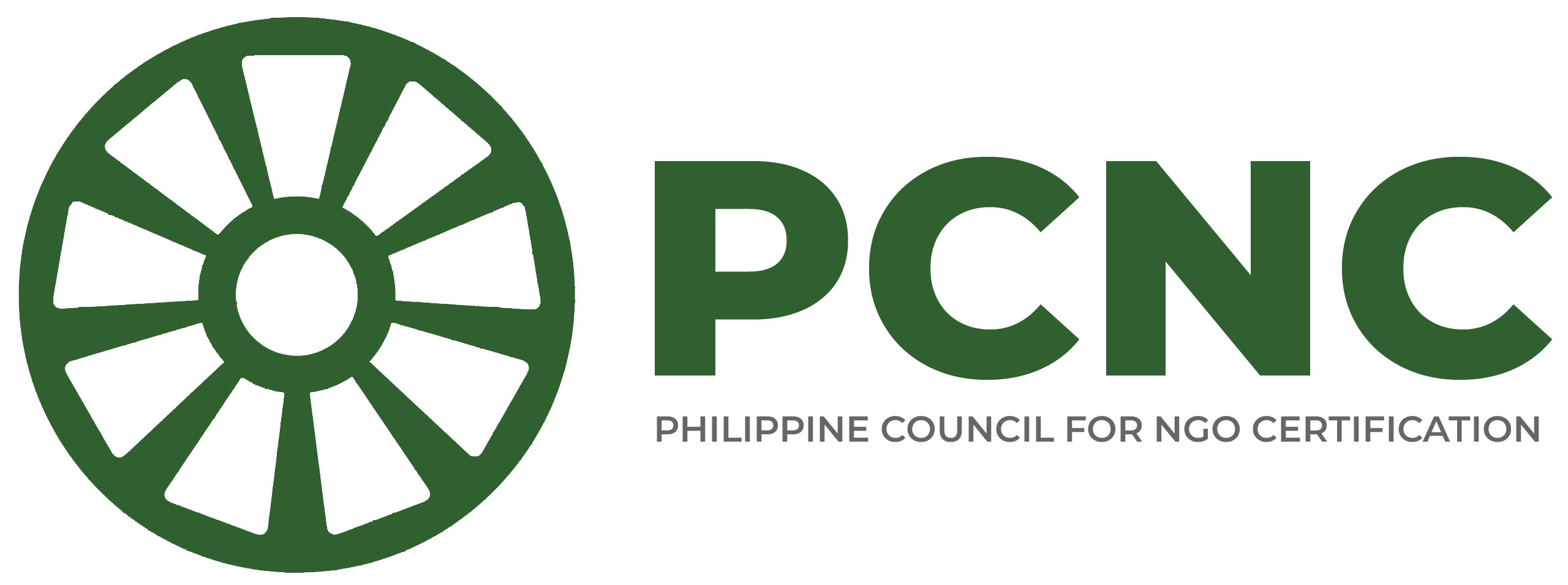The Philippine Disaster Resilience Foundation, Inc (PDRF) was registered with the Securities and Exchange Commission (SEC) as a non-stock, non-profit organization on January 25, 2010. It is the country’s major private sector vehicle and coordinator for disaster management. It is an alliance of businesses dedicated to building the disaster risk management capabilities of the private sector in the country. Supported by the country’s largest conglomerates, industry movers and top corporate leaders, PDRF is an embodiment of solidarity that transcends business competition and promotes the common vision to build a strong, resilient and disaster-ready Philippines. PDRF maintains a strong partnership with the National Disaster Risk Reduction Management Council (NDRRMC). To ensure interoperability, it continues to work closely with the government in all phases of the disaster management cycle. PDRF adheres to UNISDR’s (United Nations Office for Disaster Risk Reduction) Sendai Framework[1] for Disaster Risk Reduction and is committed to the United Nations’ Sustainable Development Goals (SDGs).
PDRF has established an Emergency Operations Center (EOC), the first private sector-led and operated Disaster Management Operations Center in the country. It is focused on disaster resilience (e.g. prevention, preparedness, and mitigation). It is a 24/7 self-sufficient operations hub geared towards training for disaster preparedness and coordination of relief and recovery efforts during major disasters. It has advanced communications software and technology that allows for monitoring of climate-related and natural hazards and close coordination with deployed resources in the field. The EOC is located in Clark. It has also a Prototype PDRF Emergency Operations Center in Shell House in Makati. Its principal office address is located in 7th Floor, Ramon Cojuangco Bldg., Makati Avenue, Makati City. Its satellite office is located in 4th Floor, Shell House, 156 Valero St., Salcedo Village, Makati City.
Its purposes, among others, are “to be a country of disaster resilient businesses and communities; and to build the disaster risk reduction management capabilities of the country thru an innovative platform to collaborate with the private sector, government, international humanitarian agencies and development partners for disaster prevention, mitigation, preparedness, response, recovery, and rehabilitation”. The foundation’s programs focused on the following: 1) Partnerships; 2) Training Programs; 3) Business Continuity Planning – providing capacity building interventions; 4) Monitoring Natural Hazards thru the Emergency Operations Center (EOC); 5) Community Resilience; and 6) Recovery Programs. Geographical scope of areas: Nationwide.
[1] The Sendai Framework is a 15-year (2015-2030), voluntary, non-binding agreement which recognizes that the State has the primary role to reduce disaster risk but that responsibility should be shared with other stakeholders including local government, the private sector and other stakeholders. It aims for the following outcome:
[1] The substantial reduction of disaster risk and losses in lives, livelihoods and health and in the economic, physical, social, cultural and environmental assets of persons, businesses, communities and countries.

